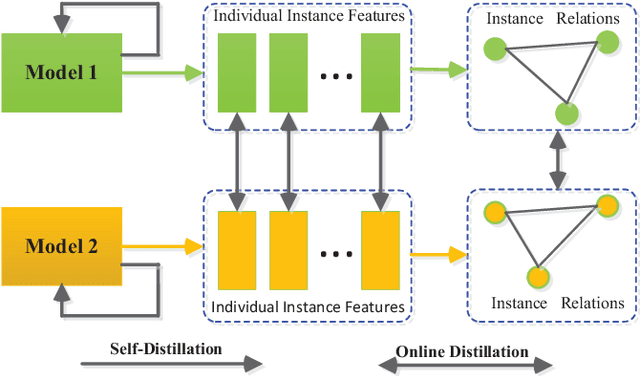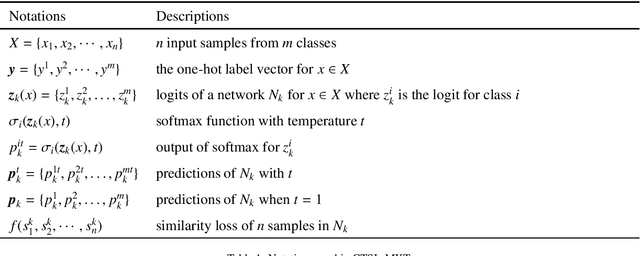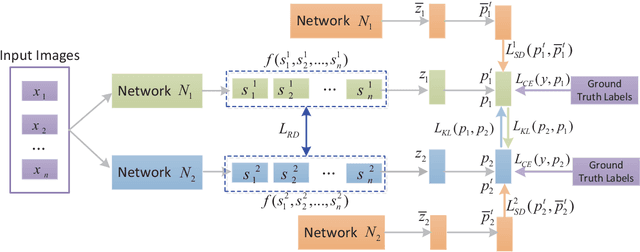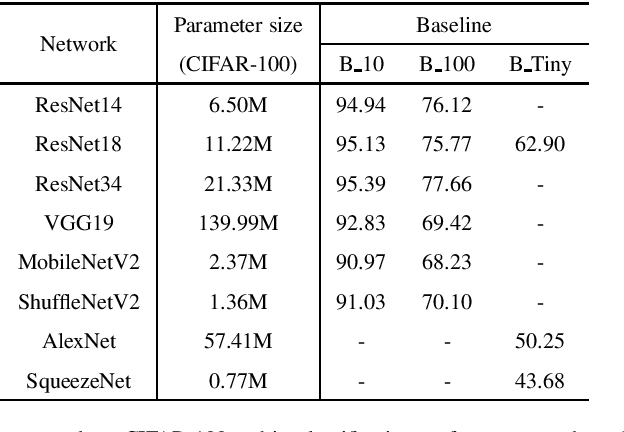Liyuan Sun
SkinCAP: A Multi-modal Dermatology Dataset Annotated with Rich Medical Captions
May 28, 2024



Abstract:With the widespread application of artificial intelligence (AI), particularly deep learning (DL) and vision-based large language models (VLLMs), in skin disease diagnosis, the need for interpretability becomes crucial. However, existing dermatology datasets are limited in their inclusion of concept-level meta-labels, and none offer rich medical descriptions in natural language. This deficiency impedes the advancement of LLM-based methods in dermatological diagnosis. To address this gap and provide a meticulously annotated dermatology dataset with comprehensive natural language descriptions, we introduce SkinCAP: a multi-modal dermatology dataset annotated with rich medical captions. SkinCAP comprises 4,000 images sourced from the Fitzpatrick 17k skin disease dataset and the Diverse Dermatology Images dataset, annotated by board-certified dermatologists to provide extensive medical descriptions and captions. Notably, SkinCAP represents the world's first such dataset and is publicly available at https://huggingface.co/datasets/joshuachou/SkinCAP.
Collaborative Teacher-Student Learning via Multiple Knowledge Transfer
Jan 27, 2021



Abstract:Knowledge distillation (KD), as an efficient and effective model compression technique, has been receiving considerable attention in deep learning. The key to its success is to transfer knowledge from a large teacher network to a small student one. However, most of the existing knowledge distillation methods consider only one type of knowledge learned from either instance features or instance relations via a specific distillation strategy in teacher-student learning. There are few works that explore the idea of transferring different types of knowledge with different distillation strategies in a unified framework. Moreover, the frequently used offline distillation suffers from a limited learning capacity due to the fixed teacher-student architecture. In this paper we propose a collaborative teacher-student learning via multiple knowledge transfer (CTSL-MKT) that prompts both self-learning and collaborative learning. It allows multiple students learn knowledge from both individual instances and instance relations in a collaborative way. While learning from themselves with self-distillation, they can also guide each other via online distillation. The experiments and ablation studies on four image datasets demonstrate that the proposed CTSL-MKT significantly outperforms the state-of-the-art KD methods.
 Add to Chrome
Add to Chrome Add to Firefox
Add to Firefox Add to Edge
Add to Edge